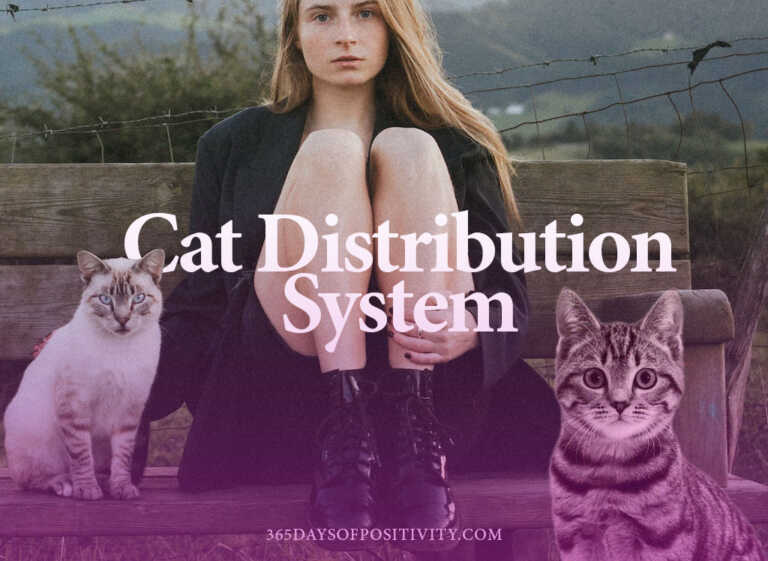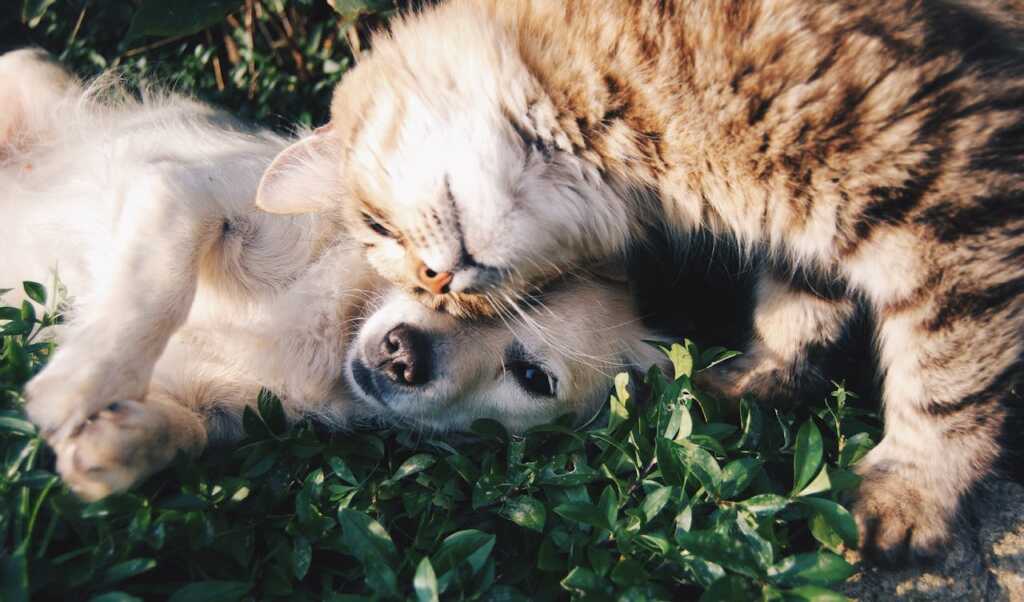
Let’s face it – cats are just plain better than dogs. You know it’s true. Dogs might seem all cute and fun at first, but that new puppy smell fades fast. Cats, on the other hand, are the perfect pets for the long haul.
They’re independent, low maintenance, and frankly way cooler than some drooling, excitable mutt. If you’re on the fence about getting a cat or dog for your next pet, keep reading. No hate to dog lovers, this article is just for fun!
Cats Are More Independent Than Dogs
Cats don’t require as much attention as dogs. They are solitary creatures by nature and value their independence. They are fine being left alone for a few hours and don’t need constant interaction or belly rubs. They will nap the day away without complaint, unlike dogs who whine for attention and suffer from separation anxiety if left alone for too long.
Cats are also more than happy to do their own thing, but dogs constantly crave affection and activity. If you want an independent pet that won’t demand all of your free time, a cat is the perfect choice. Their low-maintenance lifestyle will suit both homebodies and busy bees.
Cats Are Cleaner
Cats groom themselves and don’t need to be bathed constantly like some dogs. Their tongues act like combs, keeping their fur clean and tangle-free. You’ll never have to rush home from work to let a cat out or take it for a walk in the rain.
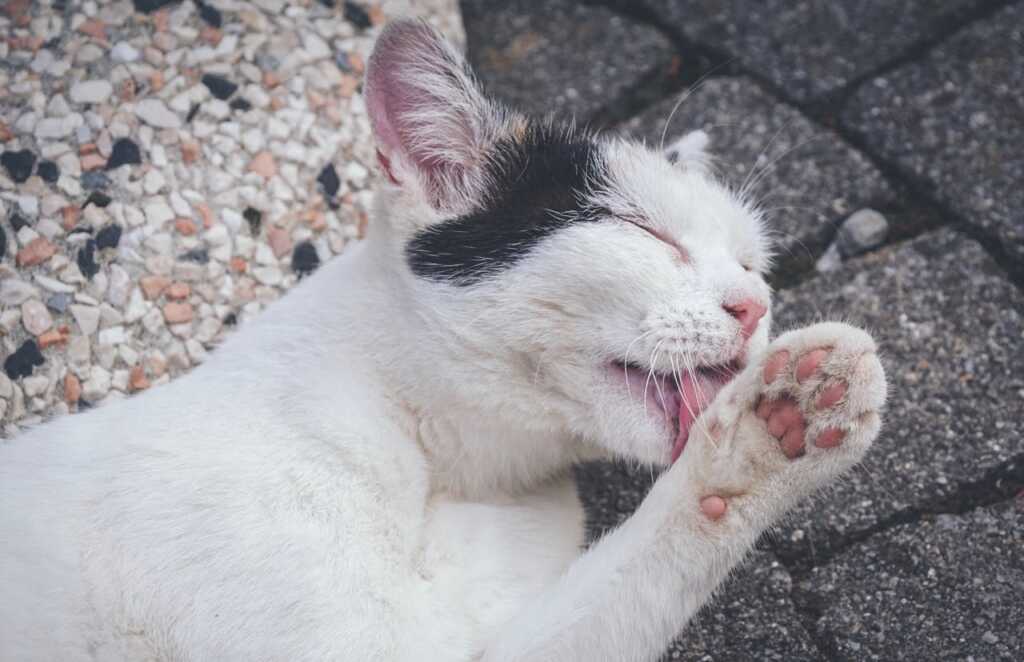
Cats also naturally want to bury their waste, so they easily adapt to using a litter box. You only have to scoop solid waste daily and change the litter every week or so. No more waking up to let a dog out in the middle of the night or cleaning up accidents if you’re late getting home!
Less Maintenance
Cats are independent creatures by nature and don’t require as much care and attention as dogs. Once you’ve provided them with food, water, a litter box, and some toys, cats are quite content to entertain themselves. You don’t need to walk or bathe them, and they groom themselves.
Compared to dogs, cats don’t need to be let out multiple times a day or taken on long walks. As long as you scoop their litter box regularly and keep their food and water bowls filled, cats are happy to nap the day away while you’re at work or away for the weekend.
For those with busy lifestyles or who like to travel frequently, the low-maintenance nature of cats is perfect. Cats make ideal pets for apartment living since they don’t require access to a yard and are usually happy staying indoors.
They Don’t Require As Much Space or Exercise
Unlike dogs, cats don’t need to be walked or let out multiple times a day. Cats are independent and are happy to entertain themselves, requiring much less space. You don’t need a big yard or living space for a cat to be happy. As long as they have access to food, water, a litter box, a scratching post, and a few toys, most cats will thrive in small apartments or homes.
Cats are much more self-sufficient than dogs and don’t rely on their owners to let them out or take them on long walks. While cats still need exercise and play, they are better suited to smaller spaces and less active lifestyles.
They Live Longer Than Dogs On Average
Cats usually live a bit longer than dogs – they are typically around 13 to 17 years on average. Most dogs though, they tend to live between 10 to 13 years Some cat breeds, like Siamese and Maine Coons, often live well into their late teens and early 20s. So, if you want an animal companion for life, a cat may be a better choice.
Their longevity is partly due to the fact that cats don’t age as quickly as dogs. Cats reach adulthood around age 1, while dogs hit maturity between 1 to 2 years old depending on the breed. Cats are usually more independent than dogs, so they don’t get stressed out as easily. Stress can really cut an animal’s life short.
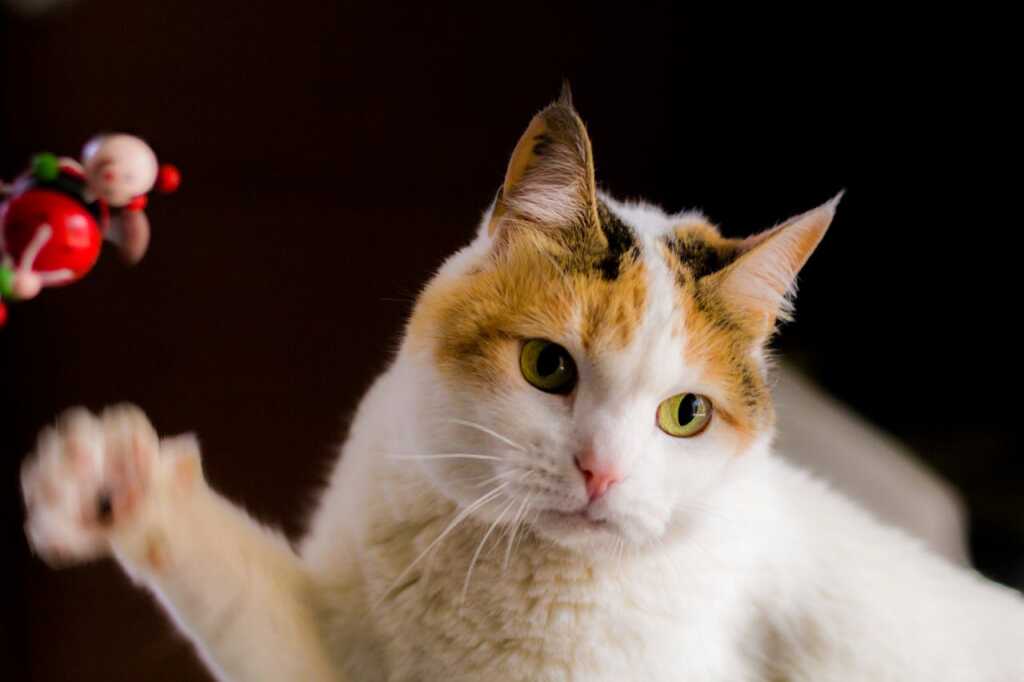
Cats Are More Intelligent
Cats are intelligent, independent creatures with distinct personalities. They have an innate curiosity about the world that leads them to figure things out on their own. Once they’ve solved a puzzle or challenge, you can almost see the satisfaction on their faces.
While dogs have been bred over centuries to please their owners, cats have retained more of their wild spirit. They do not rely on humans to entertain them or give them a sense of purpose. Cats choose whom they bond with and are quite content to nap the day away whether you’re home or not. But when they do show you affection, it is because they genuinely want to, not because they feel obligated to earn a treat or belly rub.
More Budget-Friendly Than Dogs
Cats are much more affordable than dogs. You don’t need to pay for expensive training classes or vet care. Cats groom themselves and don’t require professional grooming. They don’t need to be walked and don’t require you to pay for things like leashes, collars, poop bags, and treats.
Cats don’t need to be licensed like dogs do in many areas. They don’t need expensive crates, beds, and toys. Cat food and litter are also generally cheaper than high-quality dog food and other supplies. Annual checkups, flea prevention, and other essential care for cats typically cost significantly less than for dogs.
Unique Personalities
Cats are individuals, each with their own unique personality. Some cats are shy and reserved, while others are outgoing and social butterflies. Some cats love being held and cuddled, while others prefer less handling and more independence. Unlike dogs that tend to reflect their owner’s personalities, a cat’s temperament depends on the cat.
Self-Entertainment
Cats are perfectly content to entertain themselves. They don’t require constant interaction and play like many dogs do. Cats are independent and like having time to themselves. They enjoy bird watching out the window, chasing their tail, batting around a feather or laser pointer. Cats that live indoors will spend hours gazing out the window at the birds, leaves blowing in the wind and anything else that catches their interest outside.
You don’t have to feel guilty leaving a cat alone for a few hours. As long as you make sure your furry friend’s basic needs are taken care of, she’ll be just fine. Make sure there’s plenty of food and water, a clean litter box, and toss in some toys to keep them entertained.
Adaptability
Cats are highly adaptable creatures. Unlike dogs, cats do not require walks or trips outside, so they make easy pets for apartments or small homes. They are independent and do not need constant attention or companionship, so they do well when left alone for a few hours.
For seniors or people with limited mobility, kitties are purr-fect companions. They don’t need walks like dogs do, so you can stay cozy inside. But when you want some loving, cats are always up for a good cuddle. And when you’re busy, they’re happy to snooze the day away.
Hunting Skills
Cats are natural born hunters. Their stealth, agility, and razor-sharp claws make them adept at catching prey. Even if you keep your cat indoors, their hunting instincts remain.
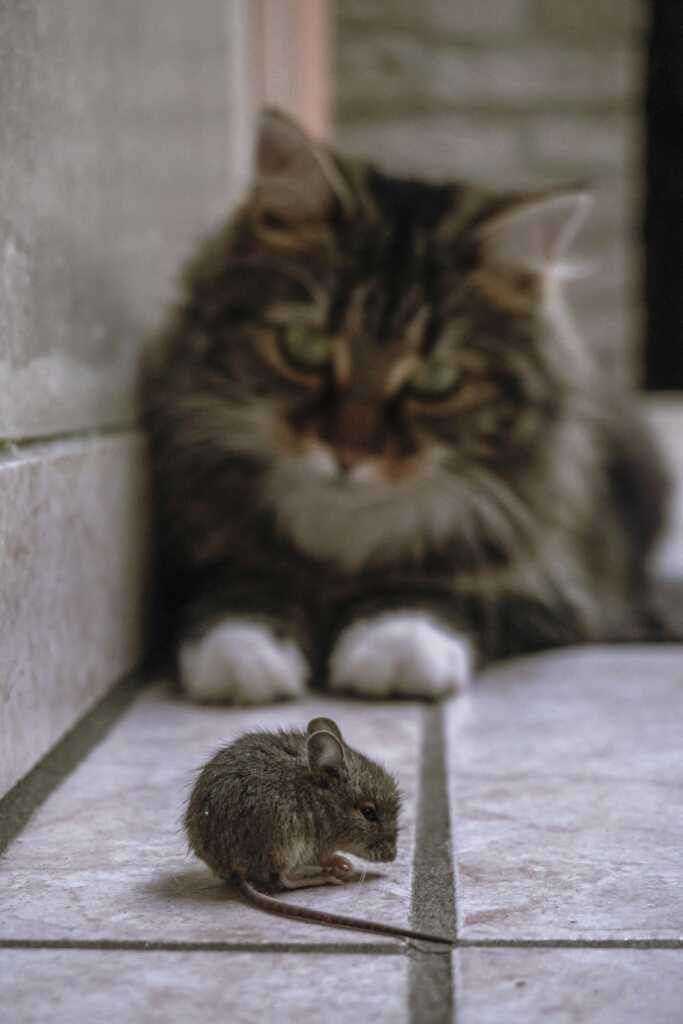
Your cat will stalk and pounce on toys, feathers, and laser pointers, honing their skills. When a bug or lizard finds its way inside, your cat will hunt it down in a flash. Their keen eyesight, ability to sit motionless for long periods, and swift reflexes kick in. While dogs need to be trained to hunt, for cats, it comes naturally.
Litter Box Training
House training a cat is a breeze compared to dogs. Cats naturally want to keep their area clean and bury their waste, so litter box training comes naturally to them. All you need to do is provide your feline friend with a litter box, some clumping, unscented litter, and place it in an area they frequent.
It shouldn’t take long for your kitty to figure out the litter box. In a day or two tops, they’ll be using it without any help from you. Be sure to scoop solid waste daily and change the litter every week or two to keep the area clean. It’s also a good idea to place the litter box in an easy-to-access spot, away from their food and bed.
Some cats prefer more privacy, so you may want to try different locations for the litter box. If your cat happens to have an accident outside the litter box, never punish them. Gently place any waste in the litter box to help re-train them.
Quiet Companionship
Cats are independent creatures and don’t constantly seek attention or affection. Unlike dogs, cats don’t bark, whine or make loud noises that require your immediate reaction. Cats are perfectly content to lounge on their own for hours while you’re at work or asleep. However, when they do crave companionship, they’ll snuggle up on your lap, purring contently.
Cats provide quiet, soothing company without the need for constant interaction. Their mere presence can help combat loneliness and provide stress relief. For introverts or those who value peace and quiet, a cat is the perfect low-maintenance companion.
Team Cat or Team Dog?
When it comes to choosing your furry companion, it’s clear that felines have some major advantages. They’re cleaner, calmer, and require less work than high-maintenance hounds. But don’t get me wrong – dogs are awesome, too, just in a different way. Ultimately, it’s about choosing an animal that meshes with your routine. But if you find a cat through the cat distribution system, it’s less stressful. Because then the cat picks you! And who wouldn’t want to be chosen by a cute kitty?


